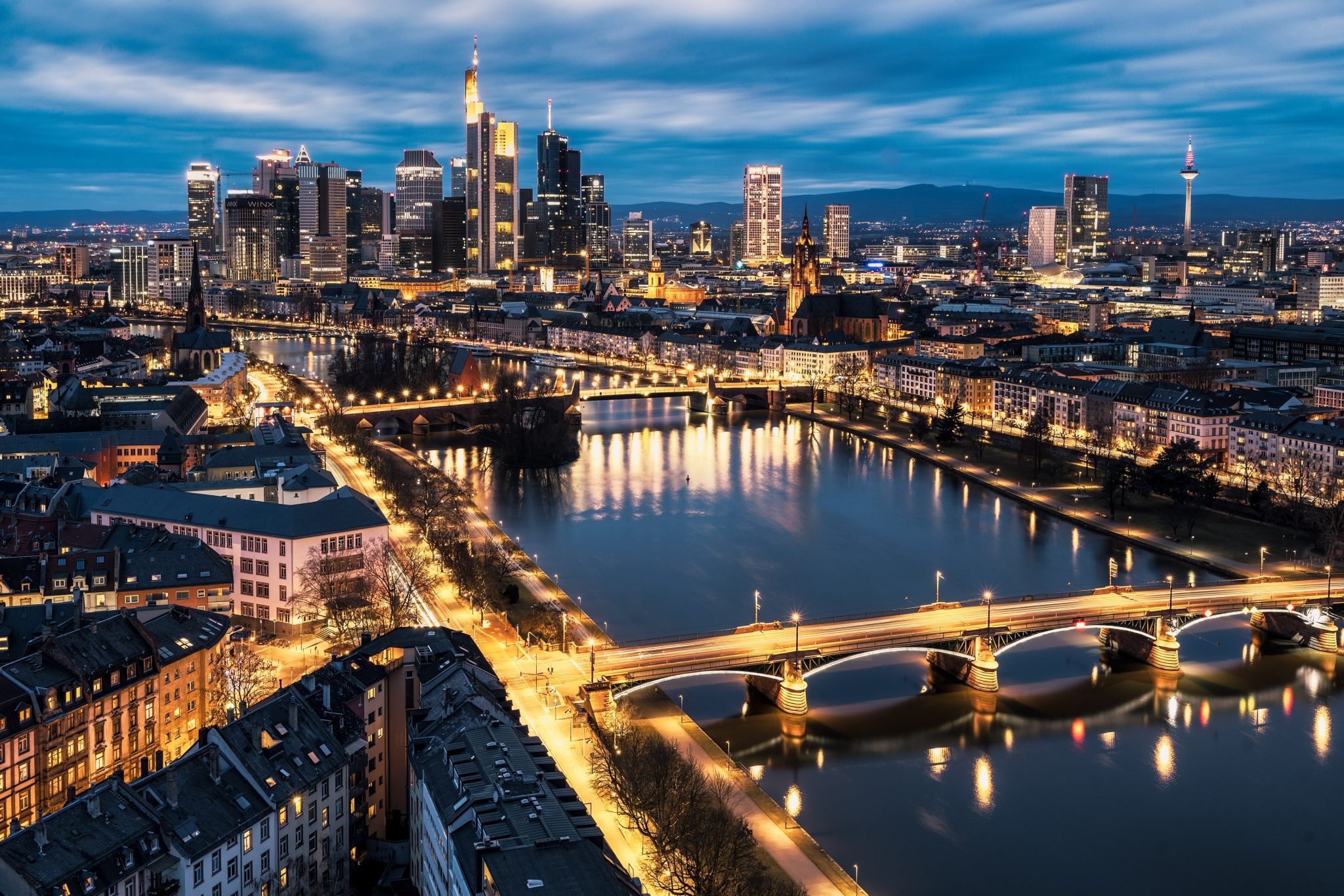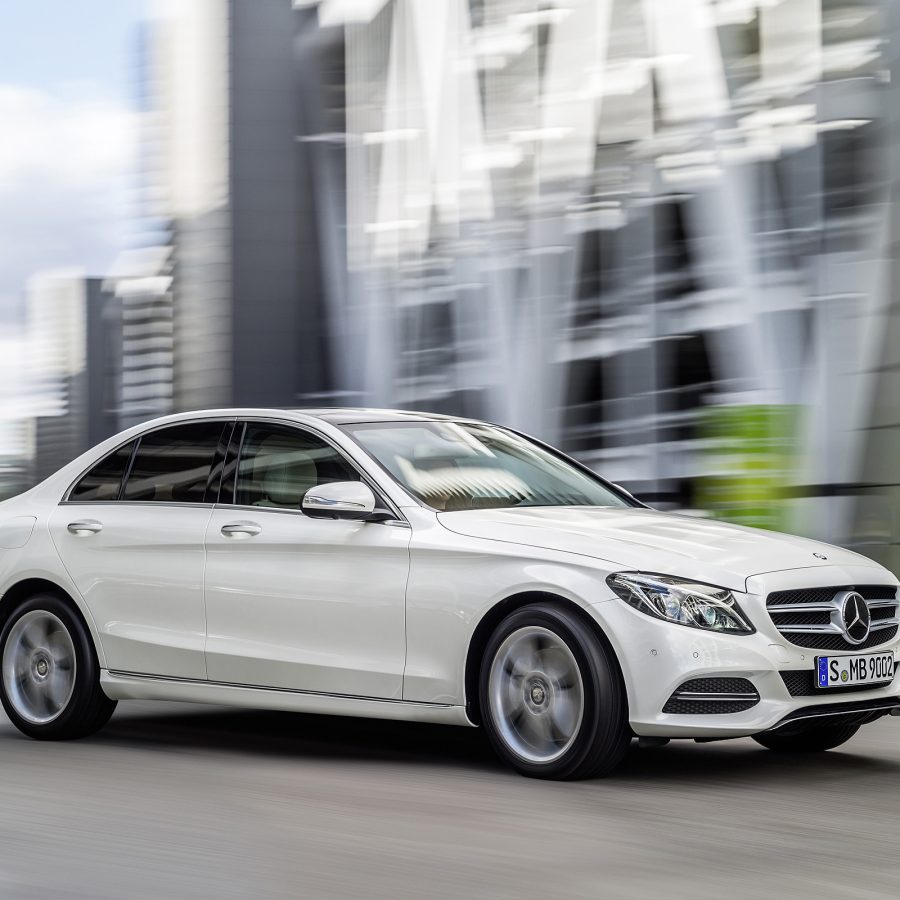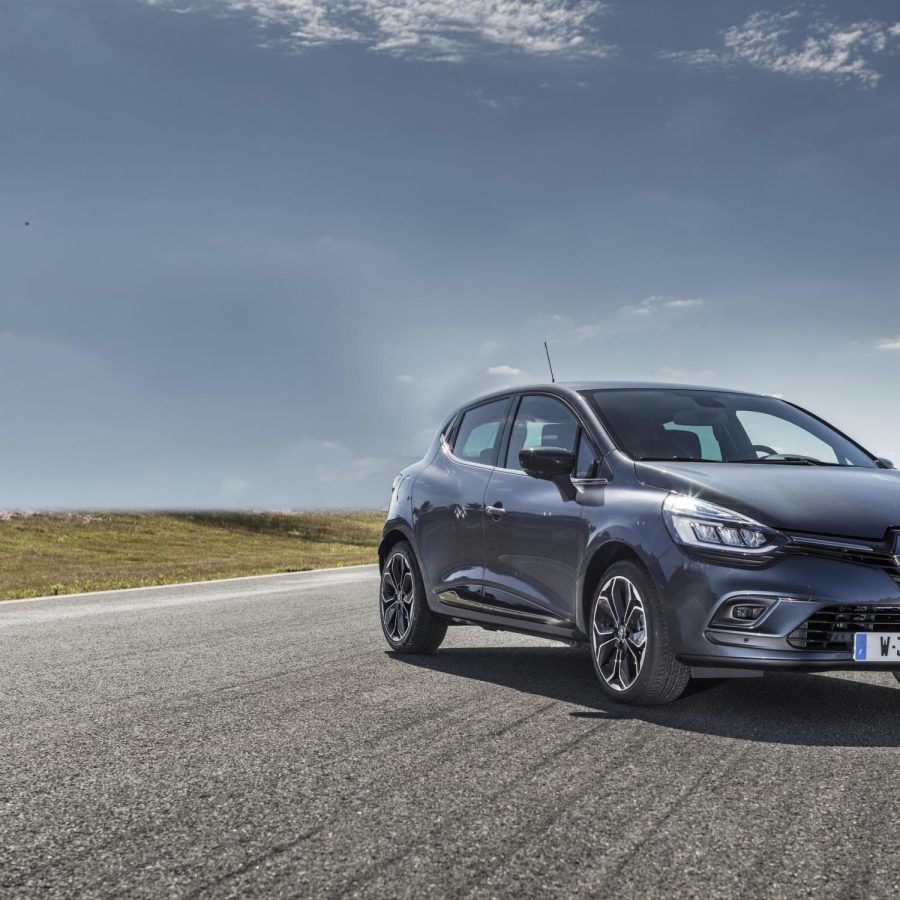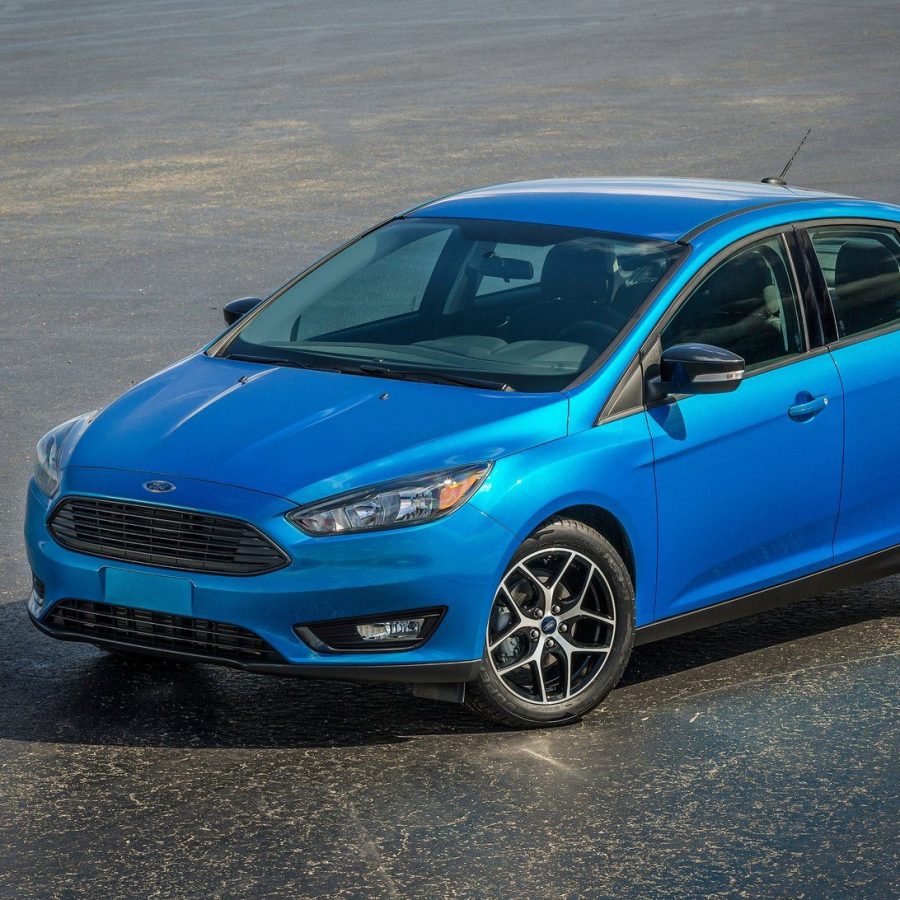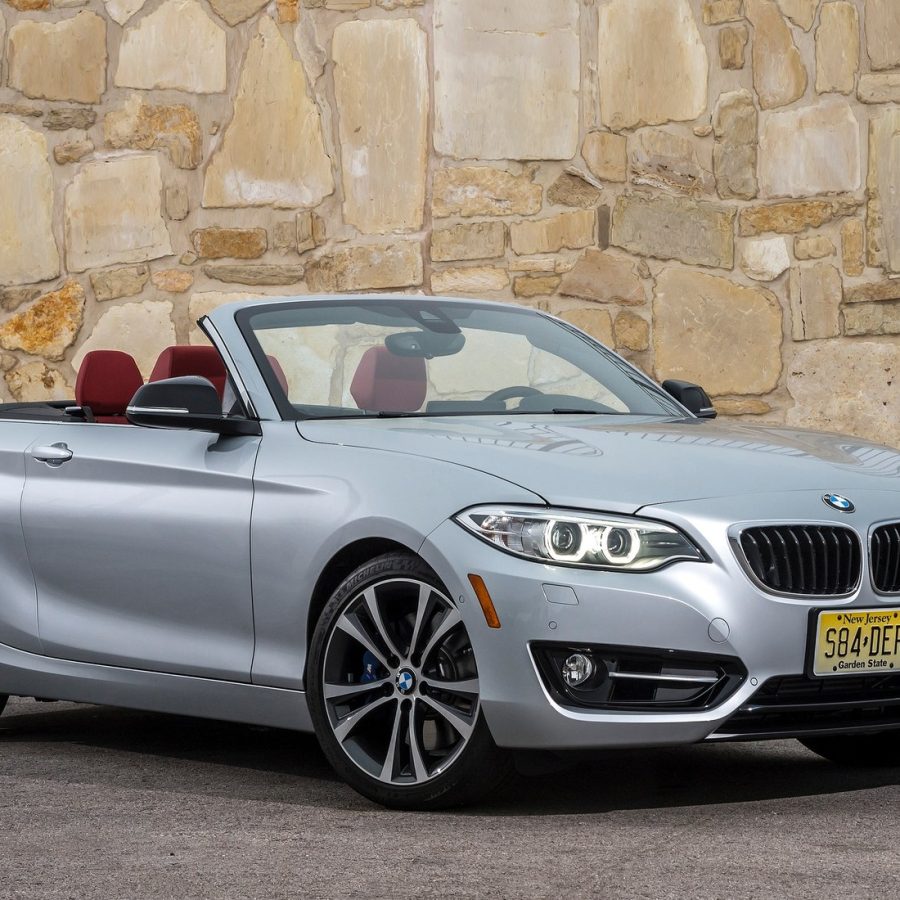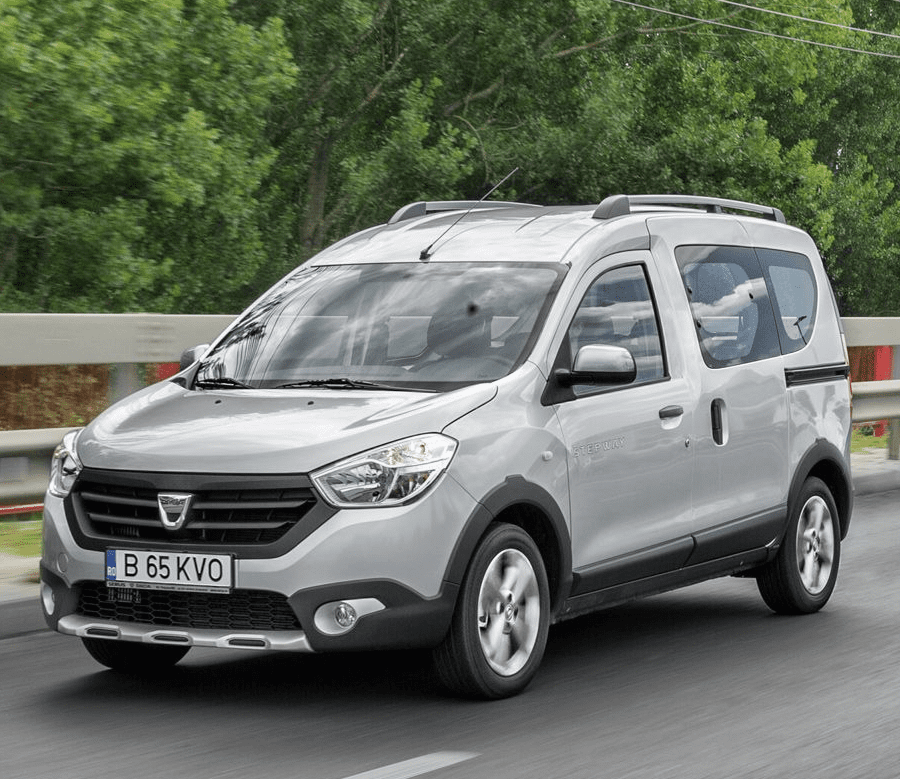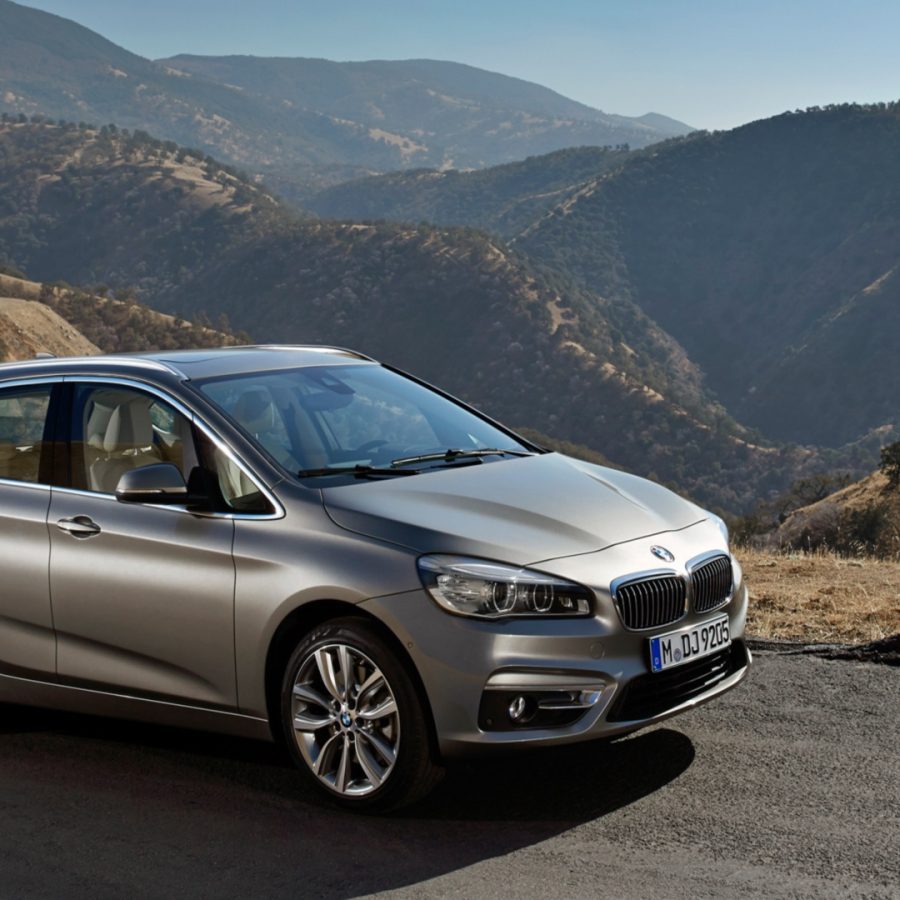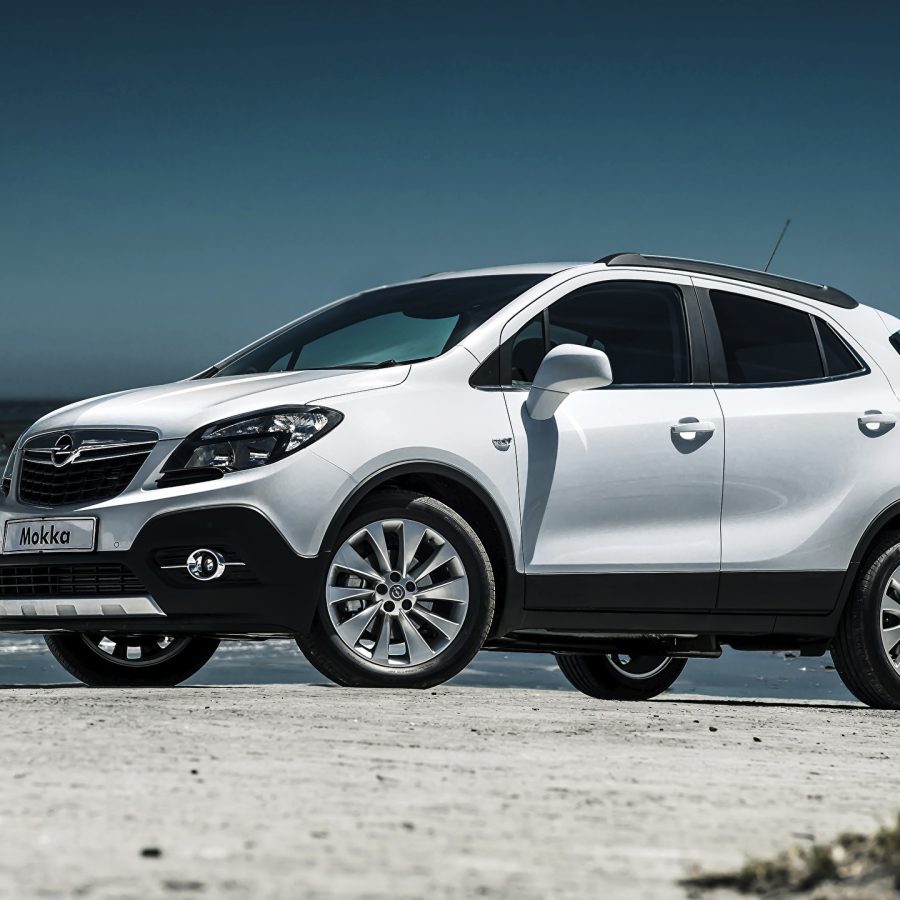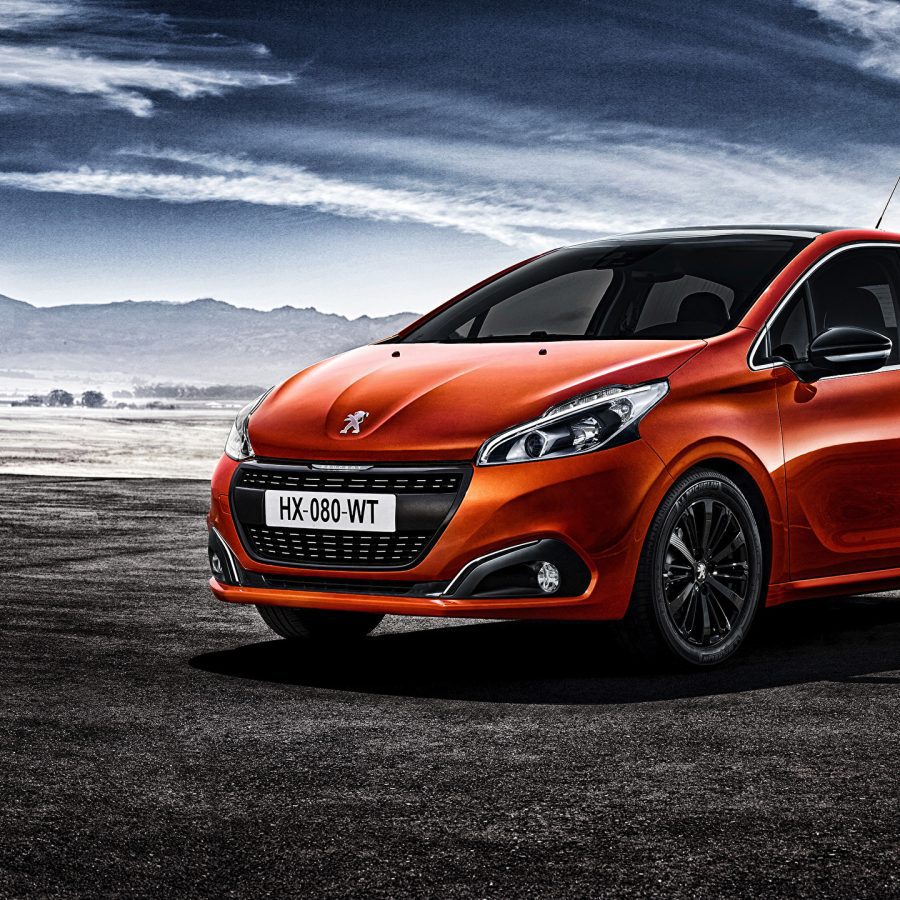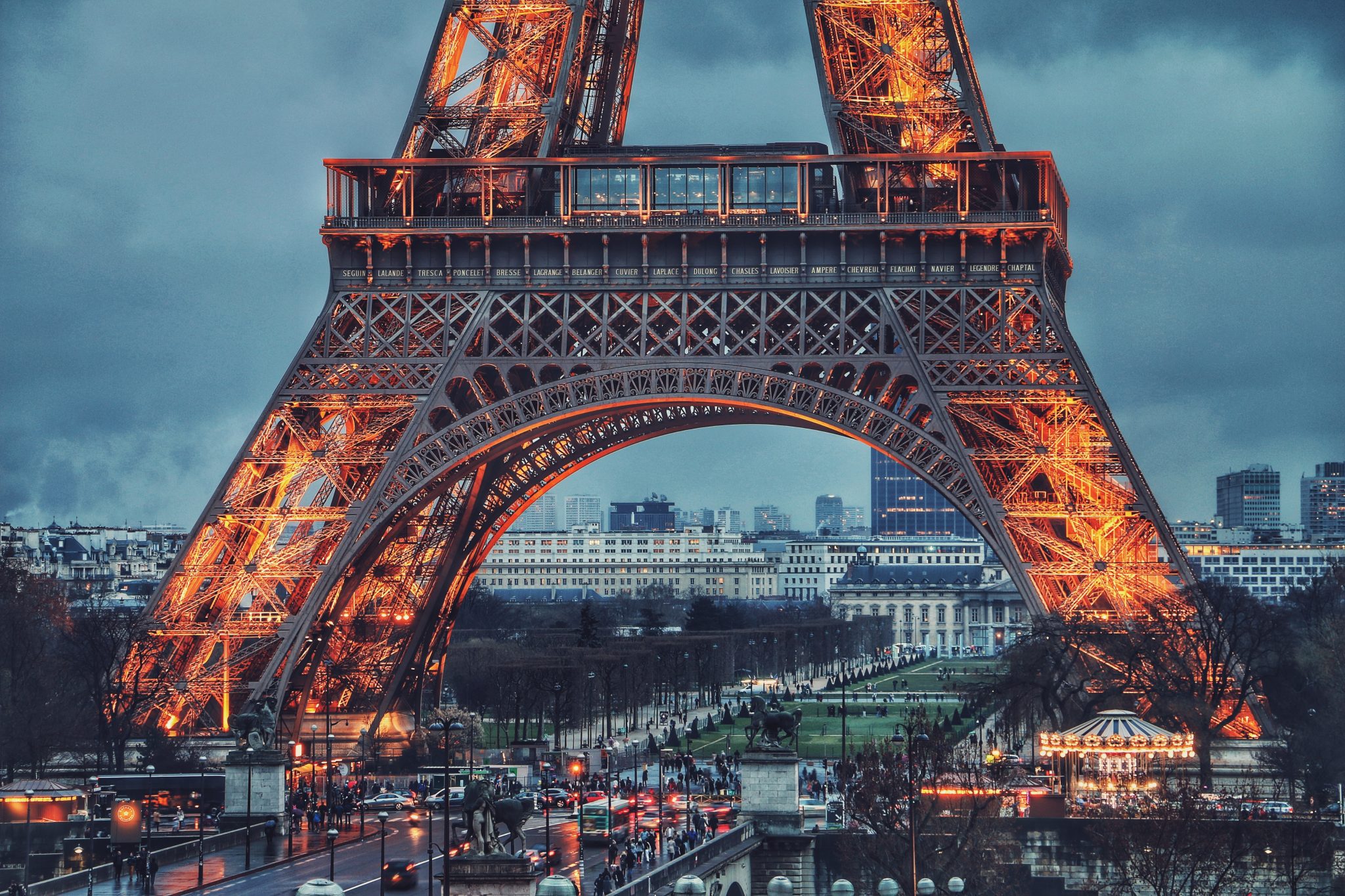2015 Europe Automotive Sales Research
In 2015, the European automotive market saw a continuation of its recovery, with more pronounced trends that further defined the industry's direction for the coming years. The European car market continued to recover, with a notable increase in new car registrations compared to 2014. Countries like Spain, Portugal, and Ireland witnessed significant growth rates, showcasing the overall improving economic conditions. The popularity of SUVs kept growing, with many European carmakers expanding their SUV line-ups. These vehicles became central to the strategies of many manufacturers, from luxury to mainstream brands. The growth of electric vehicles (EVs) and plug-in hybrids became more apparent. Improved infrastructure, greater awareness, government incentives, and a broader range of available models contributed to increased EV sales. In 2015, Volkswagen, one of the world's largest automakers, was embroiled in an emissions cheating scandal. This event had a profound impact on the perception of diesel vehicles and accelerated discussions about emission standards and testing methods. The ramifications of this event rippled throughout the industry, affecting not only VW but also other manufacturers and the entire diesel segment. In light of the Volkswagen scandal and rising environmental concerns, European regulatory bodies increased their focus on tightening emission standards. This drove automakers to invest further in cleaner and more efficient technologies. European luxury automakers continued to see robust sales. Brands like Mercedes-Benz, Audi, and BMW expanded their model ranges, entering new segments and niches, further solidifying their global market positions. Beyond SUVs and technology, there was a growing preference for personalized vehicles. Options for customization, unique color choices, and feature packages became more prevalent as consumers sought to differentiate their vehicles.

